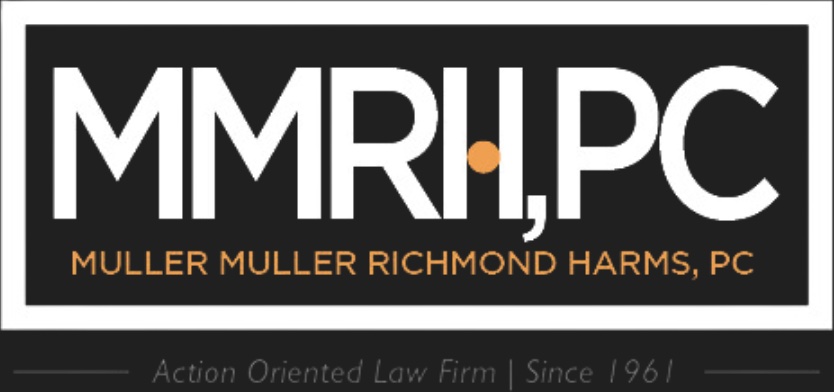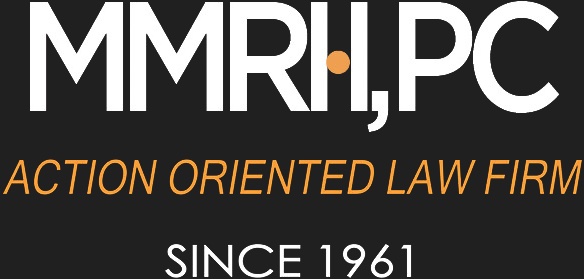What Do Debt Collection Lawsuits Entail?

A debt collection lawsuit is the strongest measure you can take to enforce collection of an unpaid balance. It involves filing a summons and a complaint with the court; the debtor then has some options:
- Contesting your case by filing an answer and – under the right circumstances – also a counterclaim against you.
- Making arrangements for payment, which when complete results in a dismissal of the cases.
- Ignoring the lawsuit, which results in the court entering a default judgment in your favor.
What happens once you file a lawsuit?
After the defendant has been served, one of two things happen:
- The defendant files an answer, placing the case at issue. The clerk then sets the matter for a hearing.
- The defendant doesn’t file an answer with the court, and you ask the court to enter a default judgment in your favor.
If the defendant answers your complaint but is unwilling to settle, a trial is held, followed by an entry of a judgment by the court. If you win, your judgment will describe the specific amount of money the defendant owes you and establish your legal right to collect the money from him or her.
At any point during the proceeding, you and the defendant can settle the case. You may agree to dismiss the case for a partial payment of what you believe the defendant owes, a full lump sum payment, or an installment plan for payment. All courts encourage both parties to resolve their differences without going to trial.
Attorneys for Debt Collection in Michigan Fight for Your Creditors’ Rights!
If you’re a business owner, you should be spending your time conducting business rather than chasing down debts. Contact an experienced attorney for debt collection in Michigan today at (248) 645-2440 for a resolution to your collection matters. Let the experts worry so you have more time to focus on growing your business.


